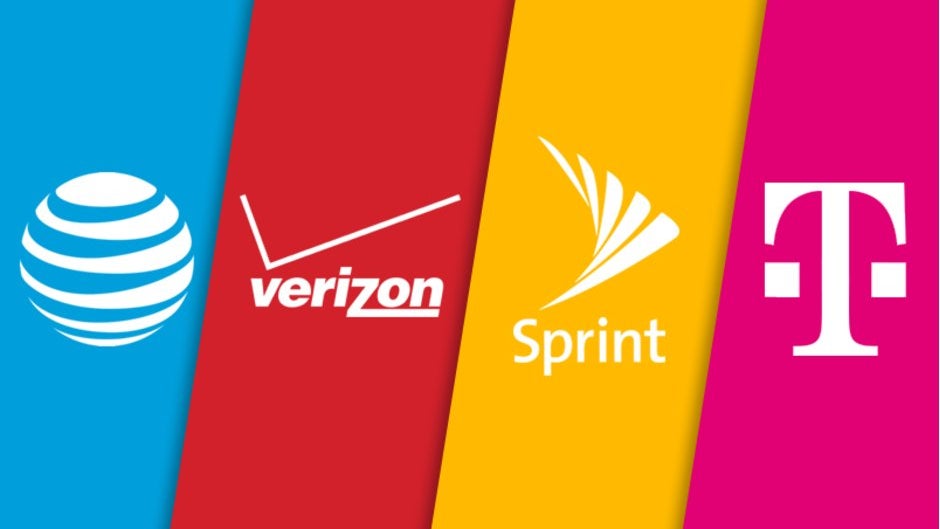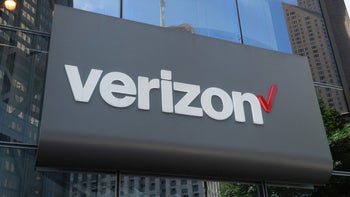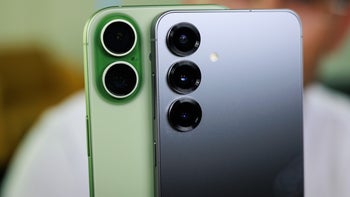T-Mobile vs Verizon price wars are over, and carrier profits shoot up

T-Mobile used to be in a price war with all them big bad US carriers, but now it's gotten its prices on par with its Verizon nemesis, yet it remains everyone's popular underdog. We recently compared the new unlimited plans of the big four, and there is indeed very little difference in pricing now. Save for Sprint, which, however, also raised prices this year, even though it has some catching up to do when it comes to coverage outside of large cities.
In fact, Wall Street research firm Oppenheimer declared carrier price wars ever which bodes ill not only for iPhone and Galaxies' subsidies but also for plan prices. Instead of slashing individual or family plan tags, US carriers are introducing new, more expensive plan tiers with more features and extra options. This is a classic sign of price war endings, argues the analysts' shop, and new iPhone subsidies are also much tamer than previous years.
The iPhone XS and XS Max can be had for "buy one get the second for $700 off" at Verizon or AT&T, but this is actually a humble promo and in line with what carriers were offering way back in 2016, while last year the subsidies were more aggressive.
T-Mobile endured low average revenue per user, and pale profit margins for years until it gobbled up market share from the other carriers, and is now turning its attention to profitability. Verizon laughs all the way to the bank, with 68% earnings margin before taxes and depreciation, followed by Sprint and AT&T, with T-Mobile coming last but probably not for long. Someone had to pay the price for its breakneck expansion, after all.
T-Mobile endured low average revenue per user, and pale profit margins for years until it gobbled up market share from the other carriers, and is now turning its attention to profitability. Verizon laughs all the way to the bank, with 68% earnings margin before taxes and depreciation, followed by Sprint and AT&T, with T-Mobile coming last but probably not for long. Someone had to pay the price for its breakneck expansion, after all.
This promotional environment supports ARPU as telecoms focus on new offerings vs. cutting prices... We do think in the long term that wireline/wireless networks will converge, and this will lead to huge cost savings. In the next five years 5G will be positive for the wireless sector, as will bundling of OTT video. We see 5G as enabling wireless to capture some wireline broadband, paid TV, and IOT revenues, on lower operating expenses over time.
via FierceWireless
Follow us on Google News













Things that are NOT allowed:
To help keep our community safe and free from spam, we apply temporary limits to newly created accounts: